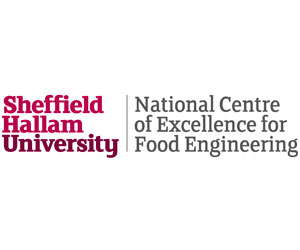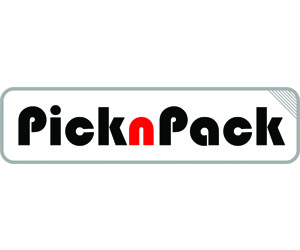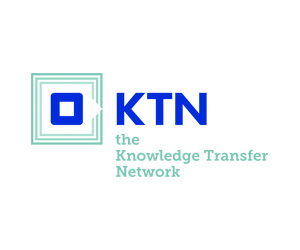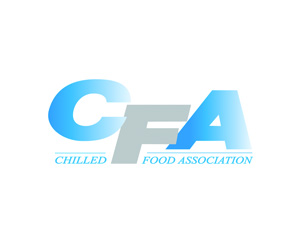About FMEG
Learn more about the Food Manufacturing Engineering Group


About FMEG/Who We Are
- The Food Manufacturing Engineering Group was established by Defra as an interdisciplinary forum to promote the uptake of advanced manufacturing techniques within the U.K’s Food Manufacturing sector.
- Increase awareness of the benefits of modern technology in increasing efficiency, reducing waste, minimising the use of energy and water and reducing the environmental impact of production processes.
- Membership is drawn from food manufacturers, systems integrators, academia, research institutes and the retail sector and regular meetings are held to identify generic engineering issues in food manufacturer and encourage both cross sectorial technology transfer and fundamental research to address key production line problems.
FMEG Mission
- To act as a focus for those interested in the introduction of advanced manufacturing to the U.K’s food manufacturing sector.
- To provide a network which will encourage an open dialogue between food manufacturer, machines suppliers, technology integrators, academia and research institutes.
- To communicate the benefits of advanced manufacturing techniques and its best practice through a low cost seminars, research brokerage events and a website.
- To foster academic / industrial research through brokerage events, industrial visits and by direct engaging funding bodies in our activities.
- To encourage the training and skills acquisition of young engineers who will support the industry and to engage the professional engineering institutions and demonstrate the opportunities for chartered professional engineers with their very vibrant manufacturing sector.
How does the FMEG achieve this?
- Encouraging liaison between industry, academia and research centres to strengthen the research and development infrastructure of the sector
- Improve manufacturing by communicating the industrial needs for automation to research providers
- Raise awareness of the benefits of automation to the food manufacturing sector
- By working in collaboration with others including government and EU funding agencies
With whom does FMEG collaborate?
- Recognised by DEFRA, the Department has kindly provided fiscal support and publicity for the Group
- A number of projects have been undertaken, including those supported by LINK funding. These Grants include research into the automation of sandwich lines, the ergonomics of food assembly and research into a cost effective, flexible, reprogrammable robot for food production
- The Group also has agreed to collaborate with the Food Processing Faraday and works with the Faraday on areas of common interest, particularly sustainability
- In September 2006, the University of Salford was awarded a major contract by Yorkshire Forward to establish a Food Automation Centre in Yorkshire
- The Engineering and Physical Sciences Research Council gave a grant to the formation of the Academic Network for Automated Food Assembly and supported the establishment of the website
- The Group has links with automation groups in Europe and is participating in The EU funded NovelQ programme


FMEG History
The Food Manufacturing Engineering Group (FMEG) was established in 2000 with the support of Defra (formerly known as MAFF). FMEG held its first meeting at the IEEE build in Savoy Place, London under the Chairmanship of Dr Julia King, Director for Engineering and Technology Marine Rolls Royce Plc.
Since that time FMEG has hosted a series of events with topics ranging from automation instrumentation through to food security and informatics numerous research projects have been formulated and funded with industrial support through mechanisms such as Defra Link and EPSRC and multiple examples of best practice disseminated to encourage the uptake of automation and related technologies.
Over the recent years the focus has shifted to key issues such as energy and water conservation, food security and traceability and environmental impact, to meet current economic and societal demands. Our activities have attracted interest from our European colleagues within the E.C. and members have contributed to events such as the E.C. F.W projects such as Novel Q and PicknPack.






